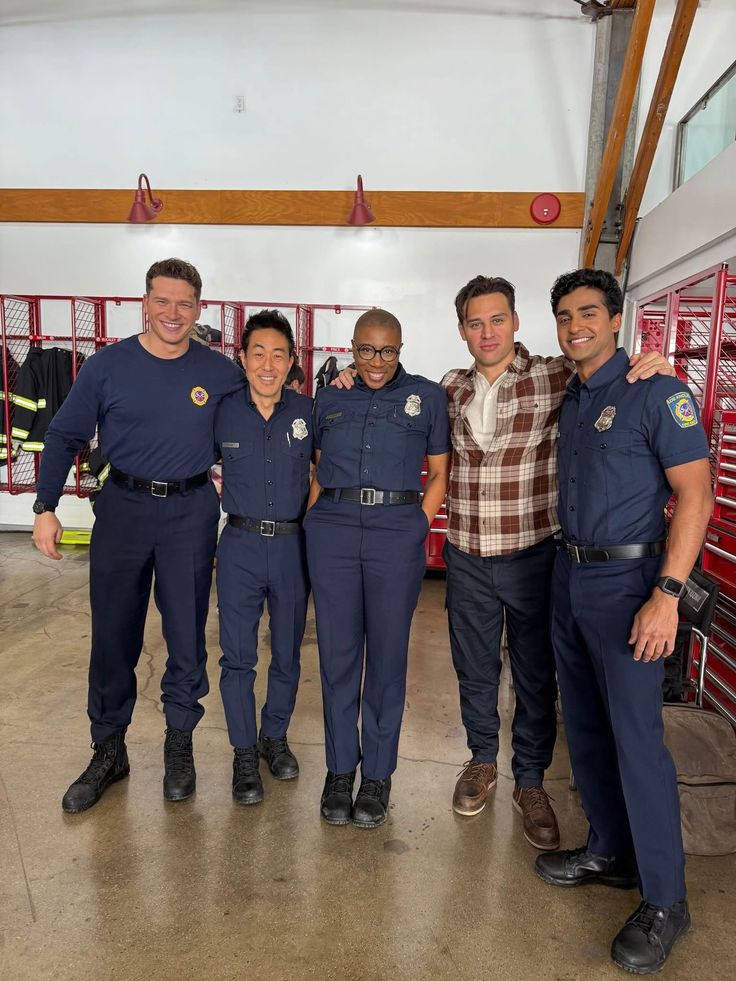
When a beloved character dies on screen, it’s not just “entertainment.” For many fans, it feels deeply personal—almost like losing a friend. Bobby’s death wasn’t just another TV plot twist; it was a gut punch that left audiences reeling. Some viewers admitted it was so traumatic that their brains “canceled the show” altogether. But why do we react this way? And what does it say about the powerful connection between storytelling and the human mind?
Why Bobby’s Death Felt So Personal
When a character like Bobby dies, it’s more than fiction—it taps into our psychology. We see ourselves in characters, we invest time in them, and when they leave, it feels like a loss in real life.
The Psychology of Losing a Fictional Character
Scientists call it parasocial relationships. It means we form emotional bonds with fictional characters, almost like friendships. When Bobby died, fans weren’t just sad about a story ending—they were mourning a relationship.
How Trauma Shows Up in Entertainment
TV and movies can stir up real emotional trauma. Our brains don’t always distinguish between fiction and reality when emotions are involved. Watching Bobby die triggered grief in the same way real-life loss might.
Why Our Brains “Cancel the Show”
Some people cope by unconsciously shutting the show out of their memory. It’s like the brain saying: “Nope, too painful. Let’s pretend that didn’t happen.” It’s a defense mechanism to protect us from emotional overload.
The Power of Storytelling in Our Lives
Stories shape how we think, feel, and even heal. Bobby’s death might have been fictional, but the emotions it sparked were real. That’s the power of storytelling—it connects us to universal feelings of love, loss, and resilience.
Bobby’s Role in the Storyline
Bobby wasn’t just any character. He was central to the heart of the narrative, representing stability and compassion. His death felt like losing the glue that held the story together.
Why Fans Still Talk About It
Years later, people still remember Bobby’s death. It’s because unforgettable TV moments stick in our memory, often tied to where we were, how we felt, and who we watched it with.
Emotional Investment in TV Shows
We don’t just “watch” TV—we invest in it. Weekly episodes build anticipation and attachment. When Bobby died, that investment felt betrayed, leaving fans in shock.
The Role of Shock Value in TV
Let’s be honest—writers sometimes kill off characters for shock value. It creates buzz, but it can also alienate fans. Bobby’s death may have been intended as a dramatic twist, but for some, it went too far.
Why Some Fans Quit After Bobby’s Death
Not every fan wants to stick around after a heartbreak. Some walk away because continuing feels like reopening the wound. It’s the ultimate deal-breaker.
Comparisons With Other TV Deaths
Think about Game of Thrones, Grey’s Anatomy, or The Walking Dead. Every shocking death drew outrage, tears, and sometimes, mass exits. Bobby’s death sits in that same category of unforgettable heartbreak.
How Social Media Amplified the Reaction
Back in the day, we’d mourn quietly. Now? Fans hit Twitter, TikTok, and Instagram. Bobby’s death became a trending topic, with memes, tributes, and fan theories flooding timelines.
Coping With Fictional Loss
Fans cope in creative ways—rewatching earlier episodes, creating fan art, writing alternate endings, or simply refusing to acknowledge the death. In a way, it’s collective therapy.

What Writers Can Learn From Bobby’s Death
Writers need to balance drama with audience connection. Kill off too many beloved characters, and you risk losing the heart of your fanbase. Bobby’s death proves just how fragile that balance can be.
When Fiction Feels Too Real
Sometimes, fictional trauma overlaps with real-life grief. If someone has lost a loved one, watching Bobby die can hit harder than expected, resurfacing personal pain.
The Legacy of Bobby’s Death
Despite the trauma, Bobby’s story lives on. His character continues to inspire discussions, tributes, and even life lessons. In a way, his death gave meaning beyond the script.
Conclusion
Bobby’s death wasn’t just a TV moment—it was an emotional earthquake for fans. The trauma was so intense that some literally “canceled the show” in their minds, choosing not to revisit the heartbreak. This speaks volumes about the power of storytelling, the depth of our emotional bonds with fictional characters, and the way entertainment can shape our inner world.